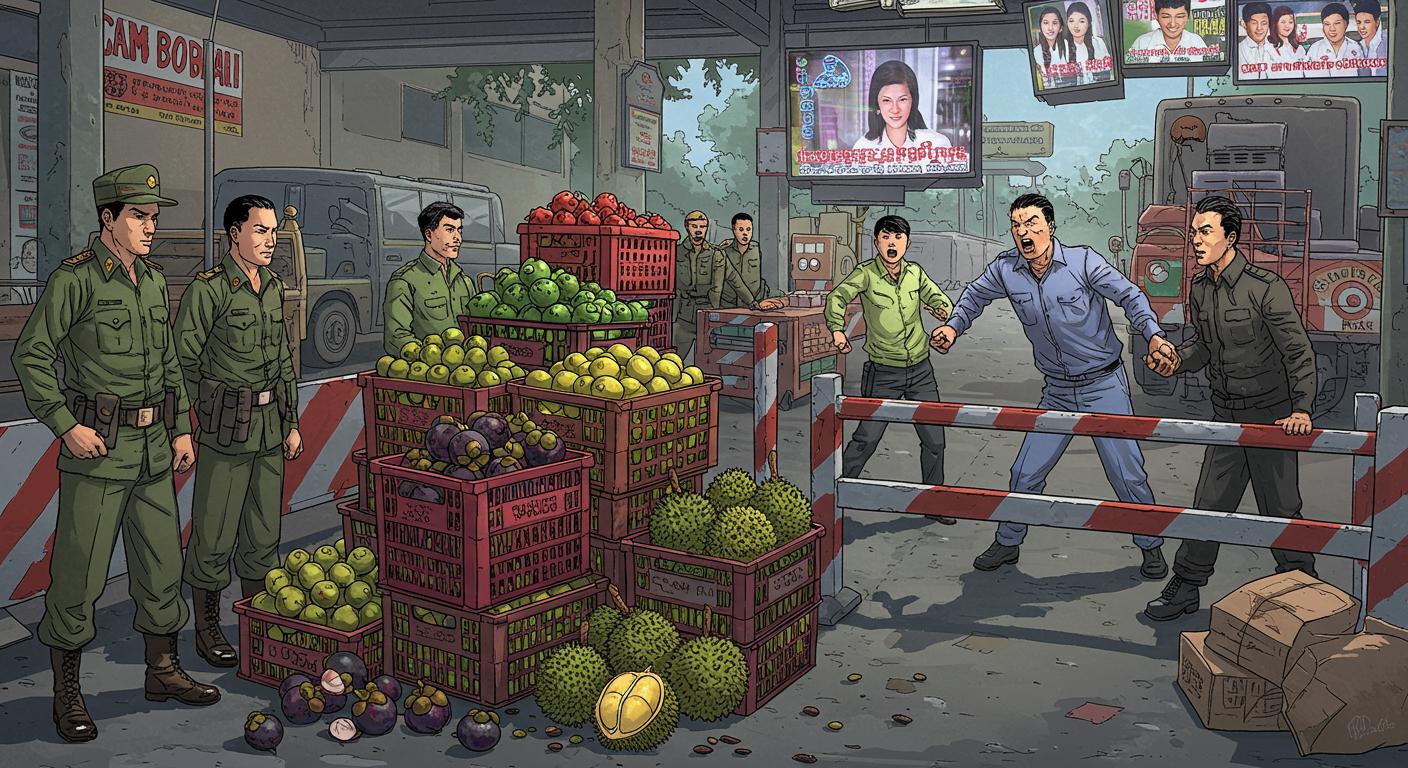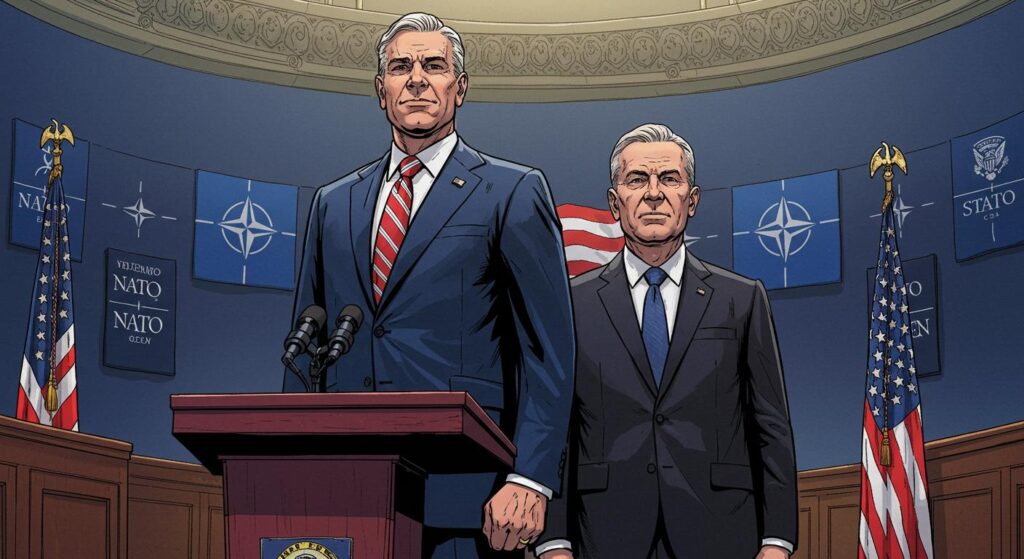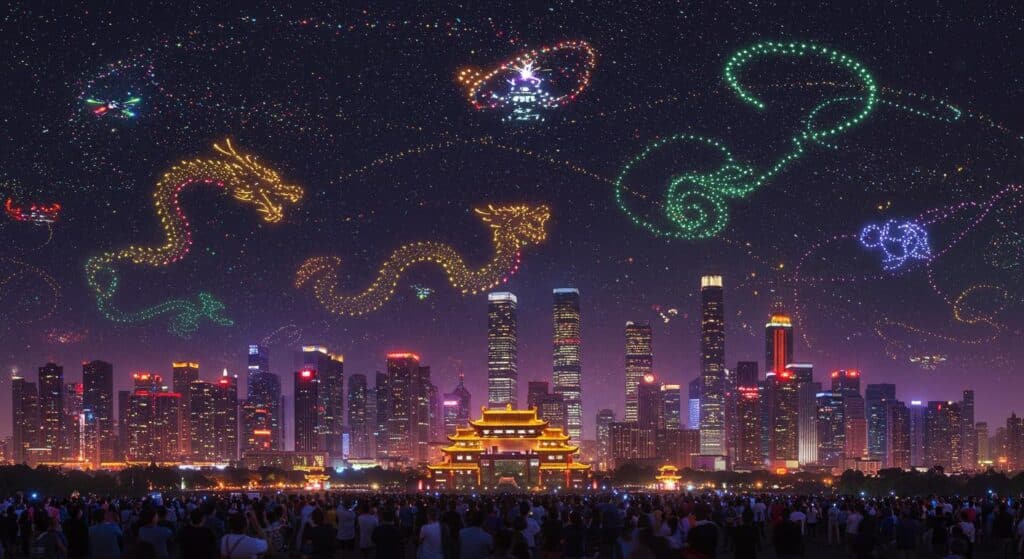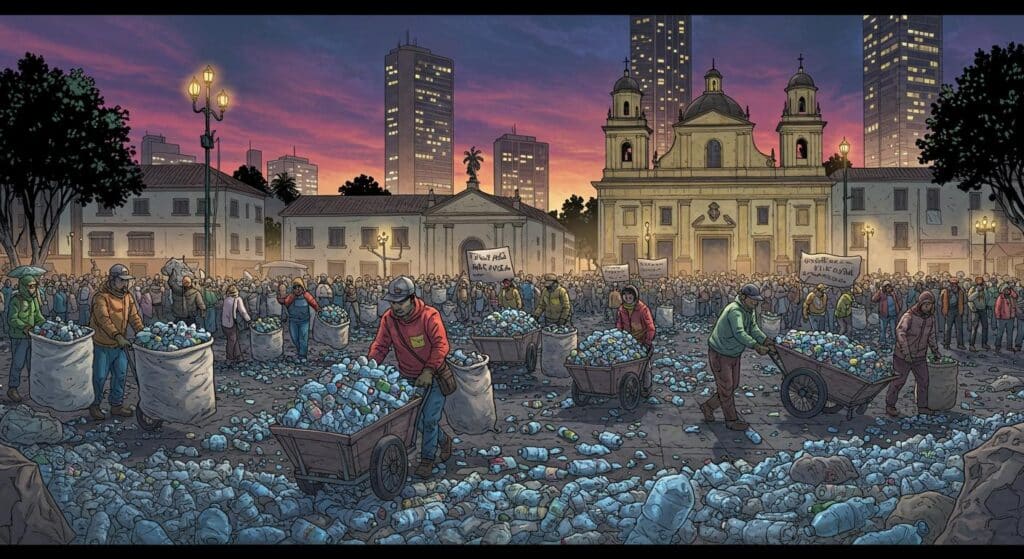Every so often, real-world events seem to outdo fiction—especially when a regional dispute erupts, not just in border skirmishes, but in the realm of fruit stalls and primetime TV. The latest episode: Cambodia has pulled the plug not just on the import of Thai mangoes, but also the ubiquitous Thai soap operas, all in the name of nationalism and a centuries-old quarrel with Thailand. If international relations had a “tune in next week” moment, this is it.
Trade Wars and Televized Tragedies
The aftermath of a deadly border clash in May set the stage, with both nations claiming they’d fired in self-defense and one Cambodian soldier killed in the exchange—details outlined in The Guardian’s coverage. In the weeks that followed, the border area—already infamous for historic disputes—descended into tit-for-tat. Thailand imposed new restrictions at the crossings and limited the movement of travelers, while Cambodian authorities retaliated in creative fashion: announcing bans on Thai fruit, vegetables, and, less tangibly, banning the presence of Thai silver-screen melodrama from local airwaves and cinemas.
Officials in Phnom Penh weren’t shy about their objectives. The Guardian notes that former leader Hun Sen, still a political heavyweight despite officially stepping down in 2023, issued an ultimatum: unless Thailand rolled back its border clampdown, Cambodian markets would close their doors to agricultural imports from across the border. In an echo of classic Cold War embargoes—filtered through supermarkets and TV guides—Cambodia proceeded to act.
The ban, described in The Guardian’s reporting, isn’t limited to fruit bowls. Cambodia not only axed Thai shows but also curtailed Thailand’s internet bandwidth in the kingdom and shuttered at least one key border checkpoint. Travel has grown thornier as each country cut visa stays for the other’s visitors.
In a powerful show of domestic unity, tens of thousands marched through Phnom Penh, with national flags and portraits of Cambodia’s current and former leaders in tow. Organizers, quoted in The Guardian, framed the gathering as fuel for government resolve. Hun Many, himself sibling to the prime minister, declared that threats to the nation would be met by a “united spirit”—all very much in the language of a pep rally, albeit for geopolitics.
Not Just About Borders: History, Heritage, and Snack Foods
While the fresh produce ban captures headlines, the underlying conflict is, as inkl explains in its rundown of the saga, as much about history as territory. Disputed boundary points—stemming from a 1907 French-drawn map—continue to haunt relations, much like a plotline that just won’t be resolved by the season finale. For more than a century, the two countries have sparred over the 817km (500-mile) border, and each new incident gives old grievances fresh legs.
As the outlet details, nationalists on both sides seized on the most recent deadly clash. Thai demonstrators waved flags outside the Cambodian embassy, while Cambodians responded with rallies of their own. Small wonder, considering past incidents: inkl references the notorious 2003 riot in Phnom Penh that saw the Thai embassy torched after a Thai celebrity allegedly slighted Cambodia’s claim to Angkor Wat.
Court records cited by both outlets highlight the legal backdrop: the International Court of Justice awarded the Preah Vihear temple to Cambodia in 1962, reaffirmed that position in 2013, and now faces a renewed request from Cambodia to judge further disputed zones—including the very site of last month’s firefight. Thailand, in the outlet’s summary, refuses to recognize the court’s jurisdiction and instead pitches for direct negotiation, sidestepping third-party arbitration in favor of joint committees that have, so far, delivered more standoff than solution.
As inkl points out, this is hardly just about old maps and temples. Even cultural products—food, traditional dress, boxing—have become objects of rivalry, with both countries staking claims to heritage and, by extension, national identity. Banning fruit and TV content, then, isn’t only about economy or entertainment. It’s a kind of cultural quarantine.
Power Plays and Prime-Time Messaging
One detail spotlighted by The Guardian is the performative side of this whole affair. Official statements are laced with the language of territorial integrity and dignity, but just beneath the surface, there’s the sense of an ongoing PR war. Cambodia’s prime minister Hun Manet, while asserting a strong stance, still pays lip service to the need for “peace and good cooperation.” Over in Thailand, Prime Minister Paetongtarn Shinawatra tempers assurances of sovereignty with a dig at her Cambodian counterpart’s “unprofessional communication”—a not-so-veiled jab at Hun Sen’s penchant for making international policy decisions on social media.
Earlier in the inkl narrative, it’s mentioned that Cambodia’s decision to appeal to the ICJ is as much statement as strategy, particularly after ruling out bilateral mechanisms. Yet, for viewers at home—literally now, with different programming—the drama unfolds not just in international courts, but in TV listings and empty produce shelves.
Final Credits: Soap Operas on Hiatus, History Still Running
As nationalist rallies subside and nightly schedules change, the question hangs: will diplomatic moves shift back toward genuine negotiation, or will the next round of border politics get played out via ever more creative embargoes? Farmers and soap fans, caught in the melee, must wonder what the next import ban might target—street food, perhaps, or even TikTok trends?
There’s an undeniably surreal quality to this latest act, laid bare in both The Guardian’s analysis and the background provided by inkl. What began as a lethal border exchange has migrated into the mundane—with ripe fruit, flickering screens, and national pride as the unlikely new front lines. Is this a temporary fit of performative sovereignty, or just the plot twist before the next act in an endless regional drama? The script, so far, leaves us right at the cliffhanger.







